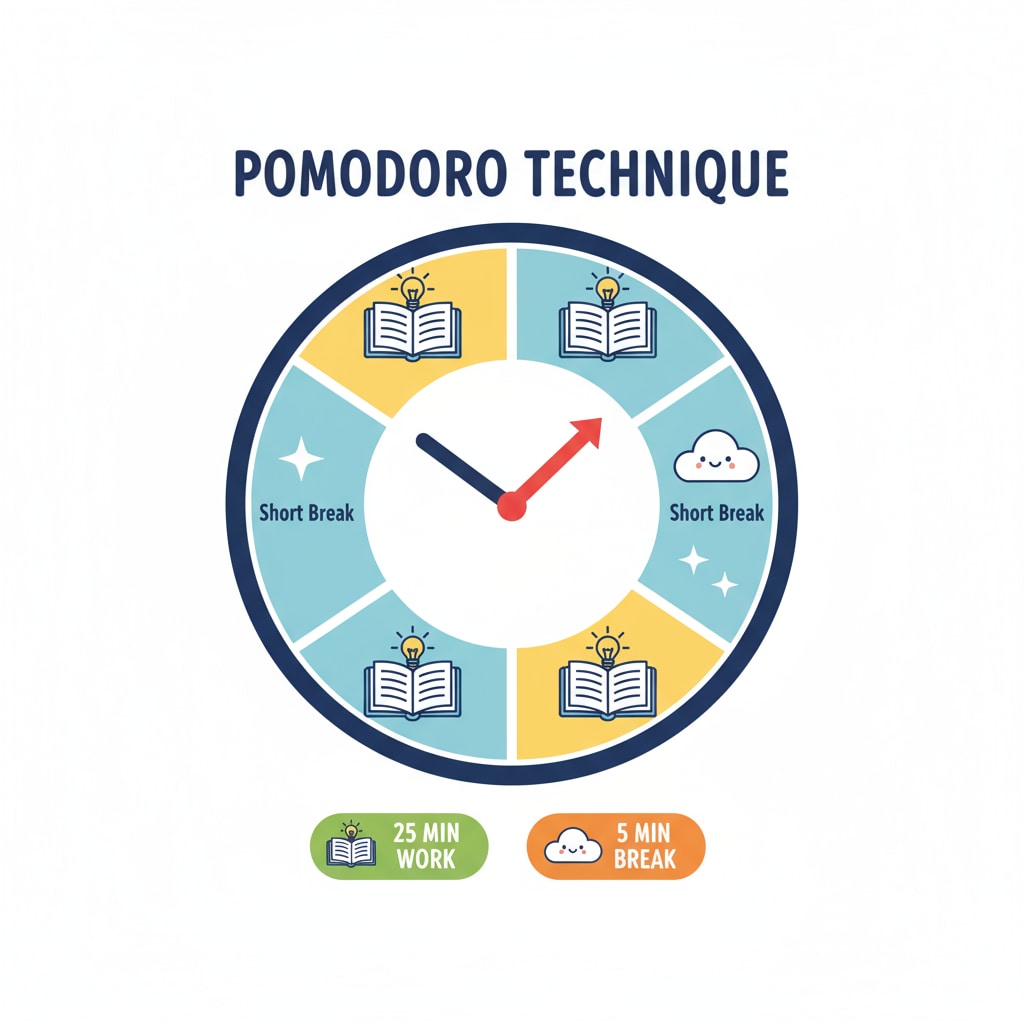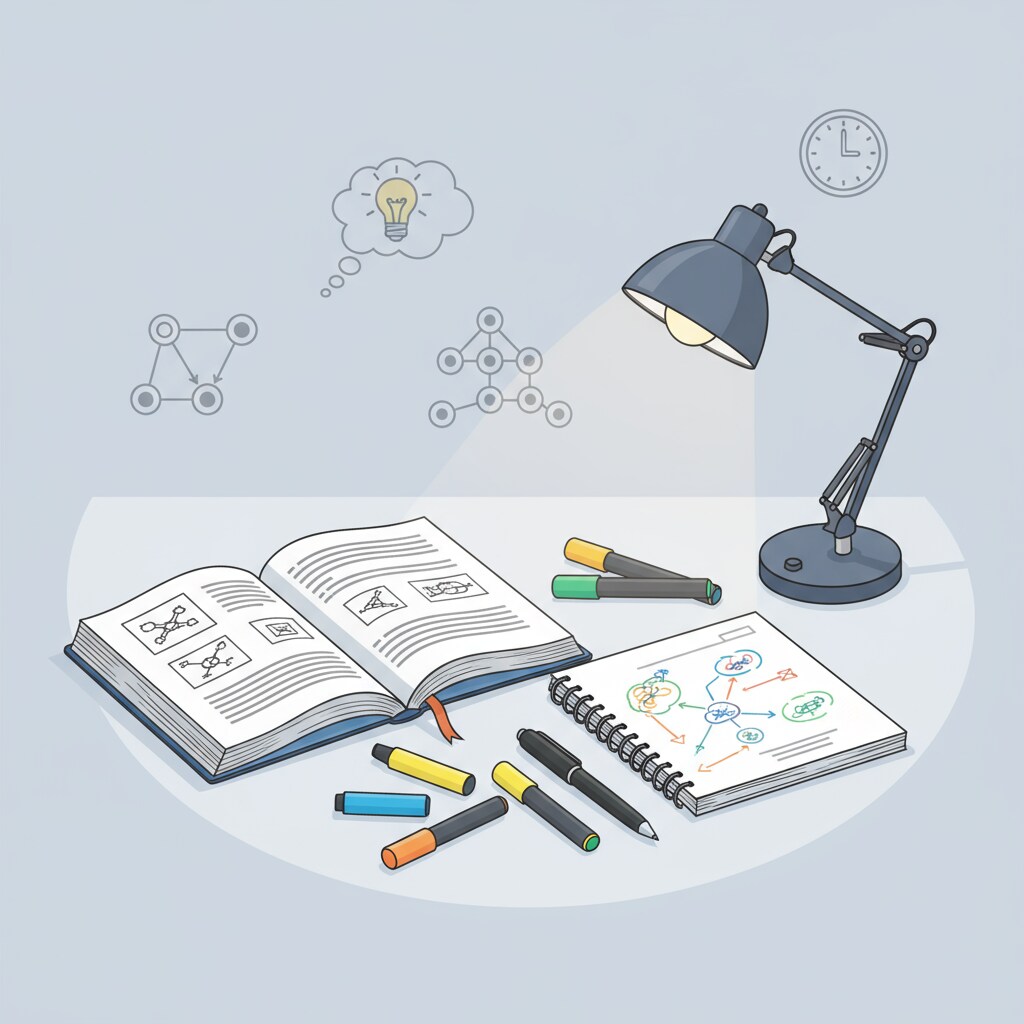Do you ever wonder if your child is getting the most out of their study time, or if there are better ways to help them retain information? Introducing effective study techniques at an early age can make a significant difference in your child’s academic success and build a lifelong love for learning. Many parents find themselves looking for ways to make homework less of a chore and more of a productive learning experience.

Simple Learning Strategies to Empower Your Child
Guiding your child to adopt simple, powerful study approaches can empower them to learn more efficiently. These methods are not about studying longer, but about studying smarter. By integrating these strategies, you help your child develop strong learning habits that will benefit them for years to come.
- Active Recall: Instead of just re-reading notes or textbooks, encourage your child to actively test themselves. This could involve flashcards, answering questions without looking at the material, or explaining concepts in their own words. This process strengthens memory retrieval (cognitive psychology) more effectively than passive review.
- Spaced Repetition: This technique involves reviewing material at increasing intervals over time. For example, your child might review new vocabulary words shortly after learning them, then a day later, then a few days later, and so on. This prevents last-minute cramming and improves long-term retention.
- Elaborative Interrogation: Encourage your child to ask “why” and “how” questions about the information they are learning. For instance, “Why is the sky blue?” or “How does photosynthesis work?” Connecting new information to existing knowledge creates deeper understanding.
Practical Study Approaches for Better Retention
Beyond specific techniques, creating a supportive study environment and routine is key. Practical strategies can help children manage their focus and make the most of their learning sessions. These approaches are suitable for various subjects and can be adapted to your child’s age and learning style.
- The Pomodoro Technique: This involves focused work intervals, traditionally 25 minutes long, separated by short breaks. For younger children, you might adjust this to 10-15 minute study blocks followed by 5-minute breaks. These regular breaks help maintain concentration and prevent burnout.
- Teaching Others: When your child can explain a concept to someone else, it demonstrates a deep understanding. Encourage them to “teach” you or even their toys what they’ve learned. This process of articulation solidifies their knowledge.
- Mind Mapping: For visual learners, creating mind maps can be a highly effective way to organize information. They involve drawing a central idea and branching out with related concepts, keywords, and images. You can find more about effective learning strategies on educational psychology resources like this one: American Psychological Association.

By integrating these effective study techniques into your child’s routine, you’re not just helping them with their current assignments; you’re equipping them with valuable life skills. These methods foster independence, critical thinking, and a more positive attitude toward learning. Helping your child adopt these strategies now will set them up for lasting academic success and deeper understanding.



